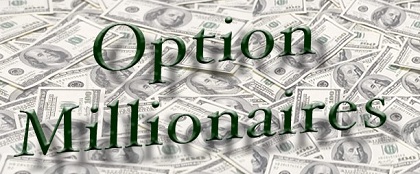Consumer sentiment about the U.S. economy remained high in March because of higher incomes and favorable job prospects, but it was also buoyed by a view that lower economic growth is the new normal.
The University of Michigan said Friday that its final March reading of consumer sentiment was 96.9, compared with February's final reading of 96.3 and March's initial reading of 97.6. It is up 6.5% from March 2016 .
Economists surveyed by The Wall Street Journal had expected a final March reading of 97.6.
Richard Curtin , chief economist of the Michigan survey, said consumers have lowered growth expectations in recent years so they judge lower rates of growth more favorably than they would have previously.
A separate report by Morgan Stanley recently noted "soft" economic data, such as surveys of consumers, have never been more divergent from "hard" economic data, such as retail sales.
As in recent months, the Michigan consumer sentiment survey remains sharply divided along partisan political lines. Self-identified Democrats expect a recession while Republicans expect robust growth. The recent rise in optimism, which saw a boost after President Donald Trump's election in November, reflects a turnaround from consumers' attitudes in October, when sentiment had matched a two-year low.
The index of consumer expectations rose 6.1% from a year-ago to 86.5, while the current economic conditions index rose 7.2% to 113.2 from last March.
Earlier Friday, the Commerce Department reported consumer spending rose a seasonally adjusted 0.1% in February and personal income was up a stronger 0.4% from the prior month. Consumer spending accounts for more than two-thirds of U.S. economic output as measured by gross domestic product.
The Michigan report also showed a decrease in consumers' inflation expectations. Consumers said they expect inflation of 2.5% in the coming 12 months, down from their February expectation of 2.7%.
The Commerce Department's personal-consumption expenditures price index, which is the Federal Reserve's preferred inflation gauge, climbed 2.1% in February from a year earlier, the strongest annual gain since March 2012 .


